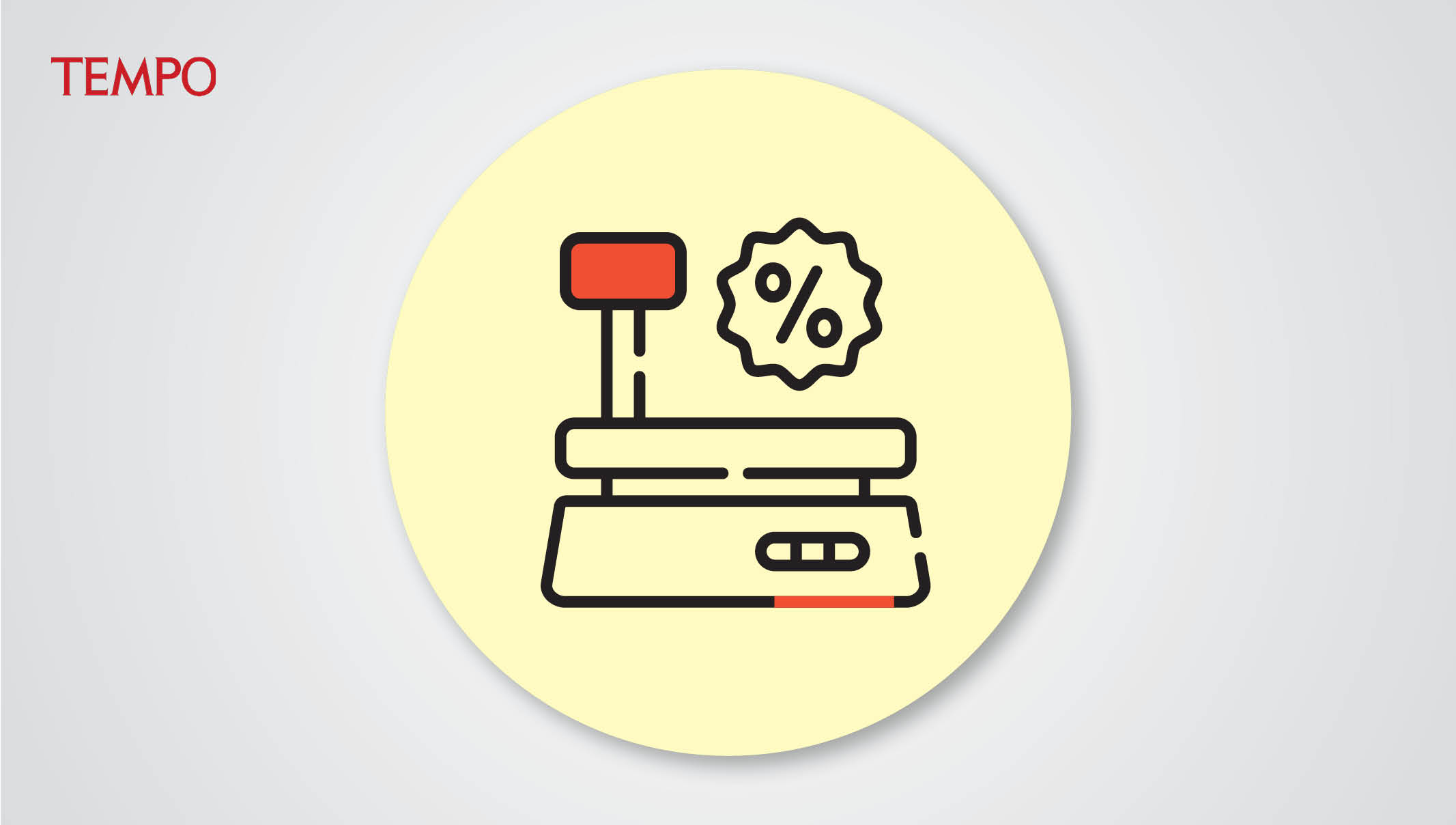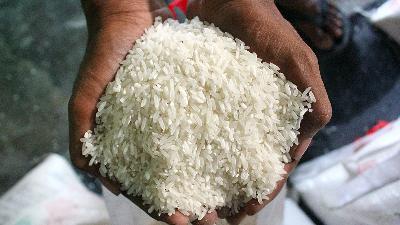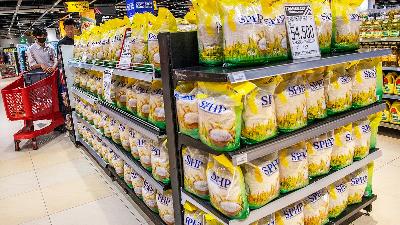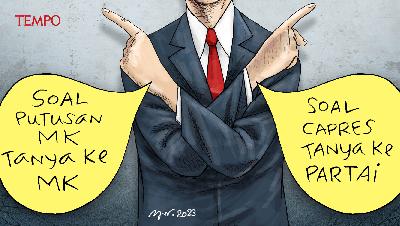In the Shadow of a Rice Crisis
Monday, October 23, 2023
The government fails to come up with a policy to deal with the soaring price of rice. It is time to evaluate the setting of the maximum retail price.
arsip tempo : 174668879794.

THE steep increases in the price of rice over the last year should attract serious attention from the government. Without timely and appropriate policies, the rising price of rice could spread to other basic necessities, which could eventually result in a food crisis.
The average price of medium quality domestic rice has now reached a record level of Rp13,210 (around US$0.83) per kilogram, significantly higher than the price in October last year, when it was Rp11,070 (US$0.71). Premium rice now costs Rp14,930 (US$0.97) per kilogram, higher than last year’s figure of approximately Rp12,630 (US$0.81). The maximum retail price of medium and premium rice is Rp10,900 to Rp11,800 (US$0.68-0.74) and Rp12,900 to Rp14,800 (US$0.81-0.93) per kilogram respectively.
The soaring rice price reflects the poor condition of the market. The volume of supplies is insufficient to meet the high demand. This can be seen from the fact that domestic rice supplies continue to fall. The total government reserves in State Logistics Agency (Bulog) warehouses is only 1.7 million tons, far below the ideal figure of 10 percent of domestic demand, or 3 million tons.
The sharp falls in production in a number of rice producing areas resulting from the long dry season is one of the main causes of supply shortage. Policies such as setting a government purchase price and a maximum retail price have not benefited farmers or eased the burden on consumers. Instead of making a profit from the increase in rice prices, farmers, who still have to pay the cost of production, have no choice but to sell their rice at the government purchase price.
And importing rice is not that easy. The plan to purchase 2 million tons of rice from overseas ran into obstacles because a number of rice exporting nations have decided to secure their domestic supplies.
As a consequence, consumers are finding it difficult to buy rice at or below the maximum retail price because of limited supplies in the markets. Traders who have stock are reluctant to pass it on to market because they are worried that the Food Task Force will buy their rice at the maximum retail price. This disarray has been seen before, and this key commodity is now caught in a vicious cycle.
The initiative by acting Agriculture Minister Arief Prasetyo Adi has been fairly effective in overcoming the rice shortage. His policy of distributing imported rice directly to central markets—which is different from the price control tactics that Bulog has been using—also had some success keeping prices down.
But this move will not work in the long term. The government needs to evaluate the policy of setting the maximum retail price, which has proved to be ineffective in preventing rice price rises because in practice, traders continue to sell rice for more than this price limit.
The setting of the maximum retail price with the excuse of controlling inflation is an attempt to oppose the law of the market. Low production, and also problems obtaining imported rice, means that there is little the government can do, and we could end up with rice shortages and high prices.
It is certain that the price of rice will increase. Almost every nation is desperately fighting high inflation caused by the shortage of food and energy supplies as a result of the Russia-Ukraine war and the protracted El Niño. Rather than seeking scapegoats, the government should act quickly to supply rice to the markets. Most importantly, it should draw up a policy that can ensure lower-income people that they will be able to obtain rice at a reasonable price. One of the possible solutions that has worked in the past is to provide them with direct cash assistance.











